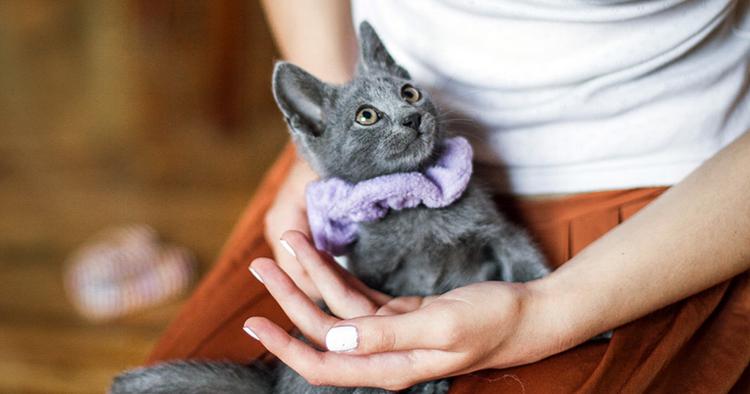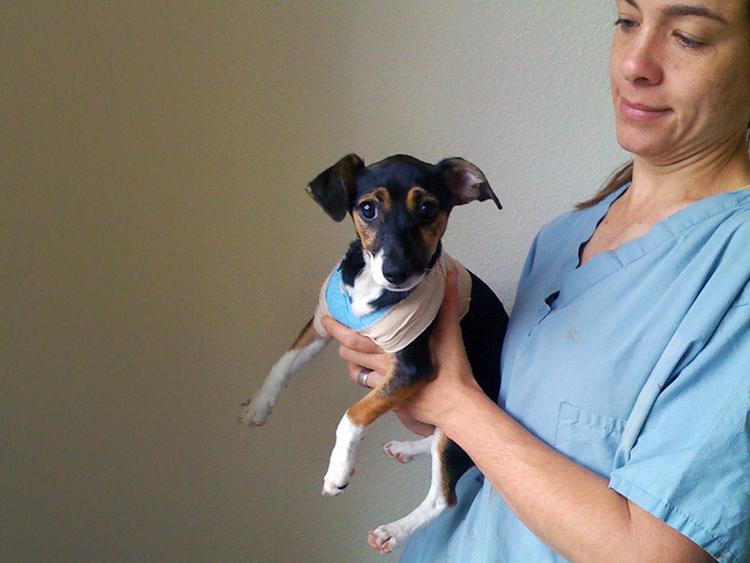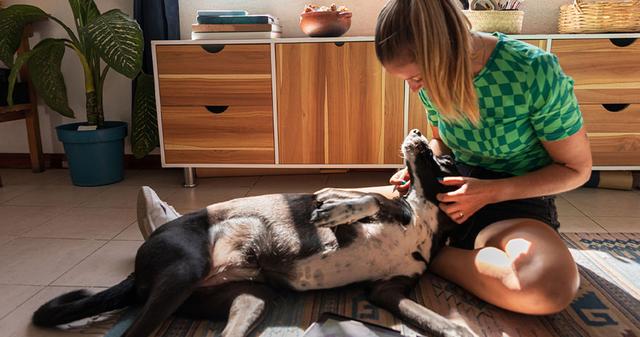
Adoption

Adoption

Adoption Advice

Adoption Advice
The reality is, it costs a lot of money to care for shelter animals and to keep a shelter clean and safe. Find out what you can expect to pay when bringing a new pet home.

Adoption Advice
Stressed about raising your kitten? This guide has got you covered on everything you need to know to make sure your kitty is happy.

Breed Info
Even though smaller dogs live longer, big dogs can still pack a healthy punch.

Breed Info
Are you thinking of adopting a small dog? Learn more about small dog breeds and what it takes to keep them happy.

Breed Info

Shelter-rescue
What pet parents should know about adopting a parvo puppy.

Shelters & Rescue
What pet parents should know about adopting a parvo puppy.

Shelters & Rescue
Looking to adopt? Here are some helpful guidelines on finding a reputable pet rescue organization.

Shelters & Rescue
Looking to adopt, but not sure which type of pet adoption organization is right for you?

Foster & Volunteer
Thinking about fostering? Here’s how much you can expect to pay for everything from food to vet care.

Foster & Volunteer
Thinking about fostering a dog? Read more to learn about the fostering process and what to expect.

Foster & Volunteer
Thinking about fostering a cat? Here are 6 things you should consider before making the decision.

Behavior-training
Is your new pup biting everything? Learn effective ways to curb this behavior by teaching bite inhibition.

Behavior & Training
Is your new pup biting everything? Learn effective ways to curb this behavior by teaching bite inhibition.

Behavior & Training
If your dog won’t stop barking, don’t despair. There are several steps you can take to train your dog to quiet down.

Behavior & Training
Is your dog bent on destroying everything in sight? (We know the feeling.) Here are the best ways to stop this destructive behavior.